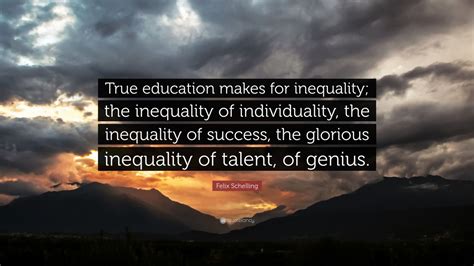A Quote by Pope Leo XIII
Inequality of rights and power proceeds from the very Author of nature.
Related Quotes
In short, it is the greatest absurdity to suppose it in the power of one, or any number of men, at the entering into society, to renounce their essential natural rights, or the means of preserving those rights; when the grand end of civil government, from the very nature of its institution, is for the support, protection, and defence of those very rights; the principal of which, as is before observed, are Life, Liberty, and Property.
For the religious, passivism [i.e., objects are obedient to the laws of nature] provides a clear role of God as the author of the laws of nature. If the laws of nature are God's commands for an essentially passive world ..., God also has the power to suspend the laws of nature, and so perform miracles.
The critique of social inequality, which is very much a part of my story, came about naturally from my recollection of Huck and Tom and the controversy surrounding [Mark] Twain's use of them and from my own passionate interest in civil rights, animal rights, and the right of Earth to survive humankind's reprehensible neglect of its stewardship.
The New Age movement, for all the validity of its protest and the value of some of its recommendations, is in truth a very old blind alley. There is a very long history to remind us of what happens when nature is our ultimate point of reference . . . . Nature knows no ethics. There is no right and wrong in nature; the controlling realities are power and fertility.
Human beings have rights, because they are moral beings: the rights of all men grow out of their moral nature; and as all men havethe same moral nature, they have essentially the same rights. These rights may be wrested from the slave, but they cannot be alienated: his title to himself is as perfect now, as is that of Lyman Beecher: it is stamped on his moral being, and is, like it, imperishable.
































